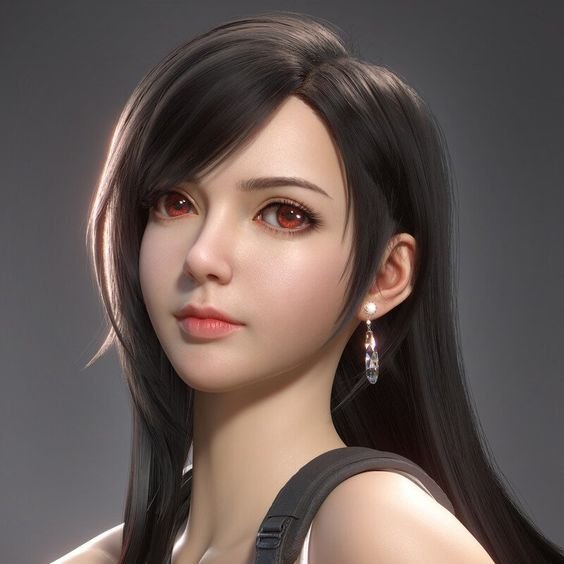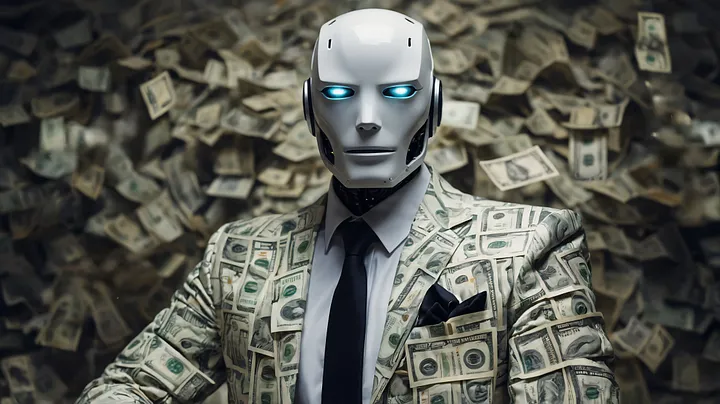Is DALL-E illegal?
Today we are going to discuss a topic that has been bothering the internet community for quite some time. Is DALL-E illegal?..

Is DALL-E illegal? For those of you who don't know: DALL-E is an artificial intelligence (AI) program developed by OpenAI that can create images from text descriptions. This has raised a lot of questions about the legality of the programme and its possible consequences. So without further ado, let's dive into the topic.
WHAT IS DALL-E (80 words)
DALL-E is an AI program developed by OpenAI that uses a transformer network to generate images from text descriptions. It is able to take written prompts and create images in a variety of styles and scenarios, ranging from the mundane to the bizarre. The programme has attracted a lot of attention in the art world, and some claim that it could even replace traditional artists in the future. However, due to the potential misuse of the programme and the consequences that come with it, the question of legality arises.
COPYRIGHT VIOLATIONS (80 words).
One of the major concerns related to DALL-E is the possible infringement of copyright. Because the programme is able to generate images, there is a risk that it will create images that could infringe the intellectual property rights of others. For example, if DALL-E creates an image of a famous character, it could infringe copyright, which could lead to legal action against its creators. This has led to several debates and discussions about the legality of DALL-E, with some claiming that the film could harm the creative industry.
OTHER OPPOSITIONS (110 words).
On the other hand, many argue that DALL-E does not raise legal issues because it is simply a tool that can be used creatively. The programme does not use copyrighted material to create images, but creates images based on text specifications. Furthermore, these images are not sold or distributed and therefore have no commercial value. Furthermore, all images generated by the programme are the property of OpenAI and cannot be attributed to any person. These counter-arguments cast doubt on the seriousness of the potential legal consequences of DALL-E and suggest that the programme may in fact circumvent copyright laws.
CONCLUSION (60 words).
As with many new technologies, the legality of DALL-E raises complex issues that require further consideration.
Is DALL-E illegal?

Understanding the Legal and Ethical Implications of DALL-E Usage
No, DALL-E itself is not illegal. It is an AI model developed by OpenAI that uses deep learning algorithms to generate images from text descriptions. However, as with any AI technology, the use of DALL-E can raise legal and ethical issues regarding the ownership, attribution and originality of the resulting artwork.
DALL-E and Copyright Law: What You Need to Know
For example, if an image generated by DALL-E is very similar to an existing copyrighted work of art, it could potentially infringe the copyright holder's exclusive right to reproduce, distribute or display their work. Similarly, there could be questions about who owns the rights to an image generated by DALL-E and how the creators and users of the technology should be credited.
The Ethics of Using DALL-E: Examining the Impact on Artists and Creators
It should be noted that OpenAI has established guidelines and restrictions on the use of DALL-E and its API, including prohibitions on using the technology for illegal or harmful purposes and restrictions on certain types of content. It is therefore important to read and comply with these guidelines when using DALL-E or any other AI technology.






















